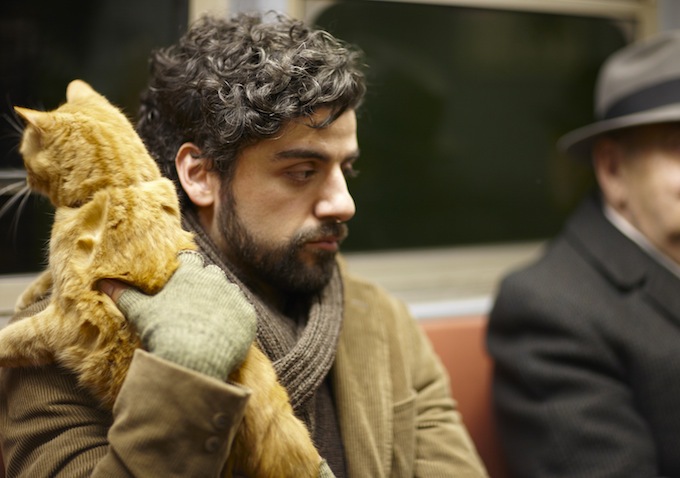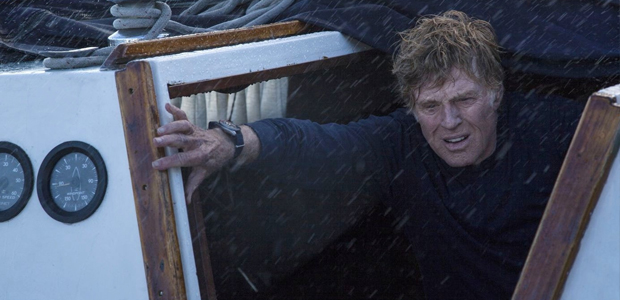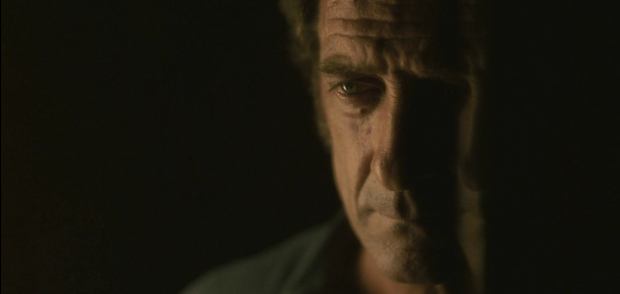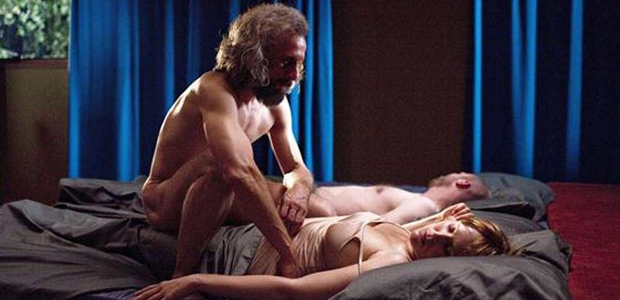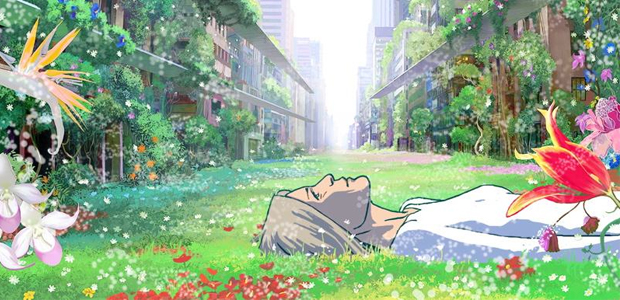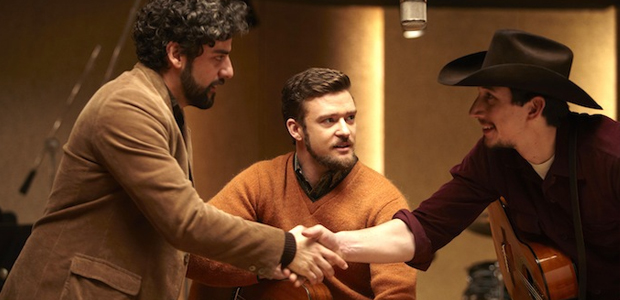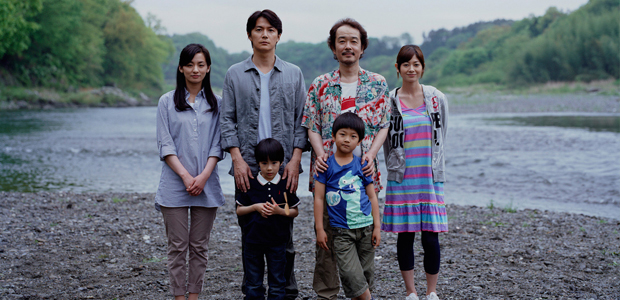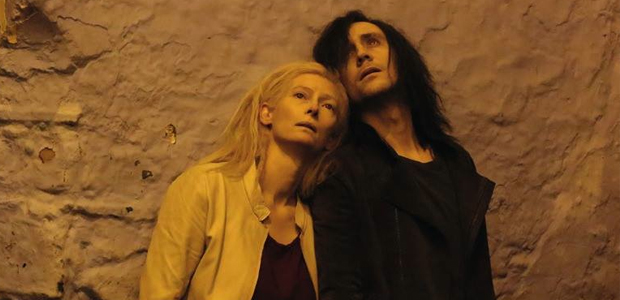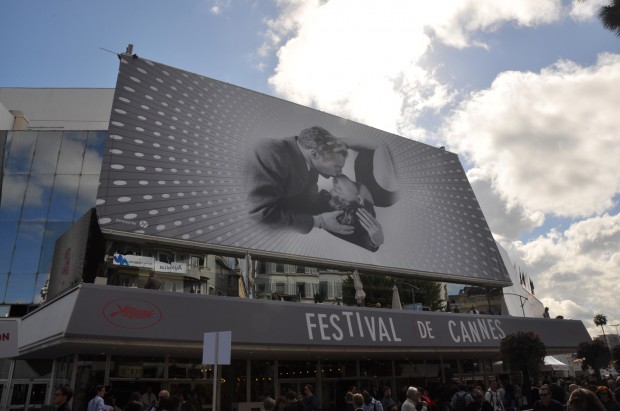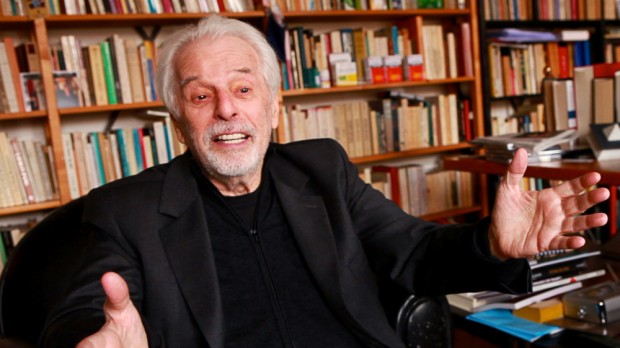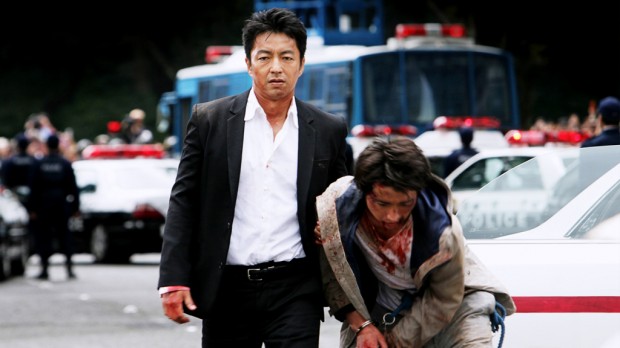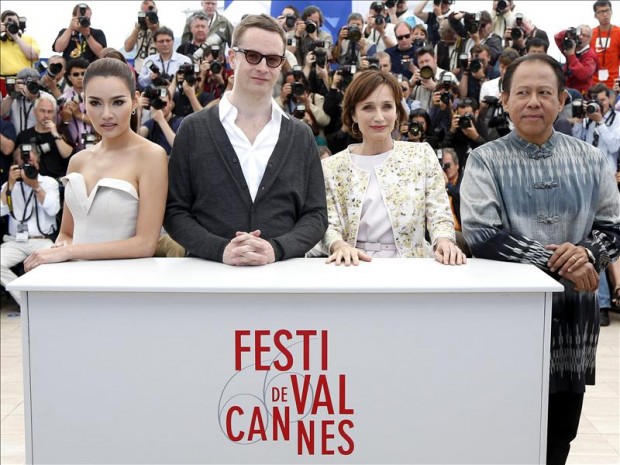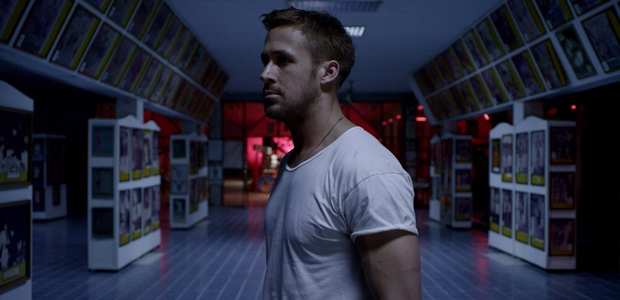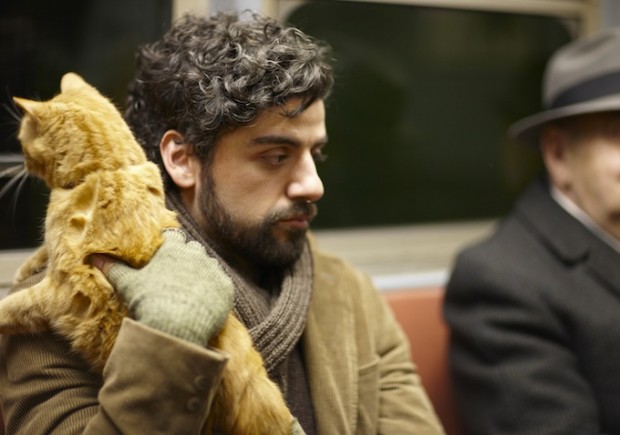
The 66th edition of the annual Cannes Film Festival proved to be another fantastic year for film. From the Coen brothers to Alejandro Jodorowsky, Nicolas Winding Refn to Roman Polanski there was never a shortage of compelling films to choose from. This has been my third year in a row attending the festival and each year is always an experience to cherish, with 2013 in particular having the most consistent number of quality films. We’ve rounded up a list of the top ten films from the fest that will trickle out in theaters over the coming months, as well as the rest of our reviews and features. One can also click any title for our full review and head over here to see complete coverage of all titles, including footage, news and more.
All is Lost (J.C. Chandor)
The hurdles in making a film with a single actor, virtually no dialogue and, while you’re at it, also setting action in the middle of the ocean sounds like a daunting, if not impossible feat for a filmmaker to successfully accomplish. Yet, miraculously, All Is Lost, the second feature film from Margin Call director J.C. Candor, is an uncommonly effective piece that acts as a complete reversal from his previous feature. Starring the timeless Robert Redford as a nameless man, the film rests entirely on his shoulders, and he carries it with grace and class. With a performance that’s sure to be remembered for years to come, All Is Lost is a surprisingly mature and profound tale about overcoming the impossible, even if it means sacrificing everything.
Bastards (Claire Denis)
With a directorial style that is heavily influenced by female peers such as Jane Campion and Lynne Ramsay, Claire Denis might not just be one of the best female directors working today, but one of the most unique and impressive. With her latest film Bastards, she explores a dark tale of redemption and perception of identity. As the story spirals to its unforeseen and profoundly disturbing conclusion, the film never waivers in revealing its hand, keeping secrets close until the very last revelatory shots.
Blue is the Warmest Color (Abdellatif Kechiche)
Blue is the Warmest Color (La Vie D’Adele chapters 1 et 2) is a vivid portrait of the ever changing seasons of love, from the first kiss to the final goodbye. Adapted from a French graphic novel Blue Angel and directed by Tunisian filmmaker Abdellatif Kechiche, the film chronicles the experience of an adolescent girl as she navigates life from high school and blossoms into a young adult with her first job as a kindergarten teacher. Effecting and powerful in its portrayal of love, Blue is the Warmest Color is an epic ode to the enduring affection that overwhelms individuals when they find that special someone.
Borgman (Alex van Warmerdam)
One of the big surprises in the main competition at this year’s Cannes Film Festival is Borgman, a Dutch thriller directed by Alex van Warmerdam. Set in the Netherlands, the film focuses on an enigmatic character Borgman, played with subdued menace by Belgian actor Jan Bijvoet, whose bizarre motivations propel this unsettling experience. Reminiscent of such films like Ben Wheatley‘s Kill List, Michael Haneke‘s Funny Games and cult hit The Wicker Man, the drama slowly creeps under your skin with an unsuspecting dose of malice. Equal parts mystery and dark satire, Borgman is an original take on an abstract horror premise that never fully appears to be what you might expect it to be.
The Congress (Ari Folman)
Trippy, bizarre, surreal and hallucinatory are all excellent adjectives with which to describe Ari Folman‘s The Congress. Adapted from a novel by legendary sci-fi author Stanislaw Lem (Solaris), the film is a hybrid of live-action and mind-bending psychedelic animation; as this is the filmmaker’s follow-up to Waltz with Bashir, those familiar with that title know that Folman is far from a traditional filmmaker. Delightfully surreal and spectacular in its scope, The Congress is a strong testament to the originality and talent behind Folman’s vision of where cinema can take us in the years to come.
Inside Llewyn Davis (Joel and Ethan Coen)
Inside Llewyn Davis is a delightful treat for fans of the folk music scene in its infancy while simultaneously being one of the funniest deadpan comedies in years. Profiling a down on his luck musician, Llewyn Davis (Oscar Isaac), whose natural talent seems like he is destined for success, the film is a vivid portrait of what it means to be a starving artist. The look, and more importantly, the feeling of this film perfectly encapsulates a place in time, giving audiences a transportive experience. A bittersweet tale brimming with wit and humor, Inside Llewyn Davis is sure to satisfy the appetite of hungry cinephiles and music fans alike.
Jodorowsky’s Dune (Frank Pavich)
Never before has there been a documentary about lost cinema quite like Jodorowsky‘s Dune. Riding off the success incurred by career-defining films in the early 1970s (El Topo and The Holy Mountain), Alejandro Jodorowsky was primed and charged to make his most ambitious film to date, a grand scale adaptation of Frank Herbert’s influential sci-fi masterpiece, Dune. It never happened. From having Pink Floyd agree to the soundtrack, Salvador Dalí in line to play the galactic emperor, and Orson Wells signed on as the villain, Dune’s ensemble of talent was uncanny. But the real inspiration behind Jodorowsky’s Dune is the passion this director has for the love of filmmaking, making it a must-see for aspiring filmmakers and film lovers alike. With her latest film Bastards, she explores a dark tale of redemption and perception of identity.
Like Father, Like Son (Hirokazu Koreeda)
Known for his intimately personal style of filmmaking and, often, drawing from his own experiences, there are always tugged emotional heartstrings that permeate the core of Hirokazu Koreeda’s films. With his latest title, Like Father, Like Son, the Japanese director drew from his experience of becoming a father to craft an intensely poignant film about parenthood. Oftentimes heart-wrenching, Koreeda is able to weave a range of emotions by remaining slightly detached and observing the subtle mannerisms of both families; with such great performances from both of the child actors, it’s near-impossible not be bowled over by their struggle to understand what’s happening.
Only Lovers Left Alive (Jim Jarmusch)
Hipster vampires inhabit Jim Jarmusch‘s Only Lovers Left Alive, an unconventional love story set between the desolate locations of Detroit and Tangier. Utilizing his signature deadpan comedy and idiosyncratic approach to filmic expression, the film will certainly appeal to fans of the director’s more bizarre tendencies. The world of Only Lovers Left Alive practically jumps out of the screen, resulting in an oddly poetic ode to the late-night intelligentsia conversations and music scenes that have fascinated Jarmusch for decades.
The Past (Asghar Farhadi)
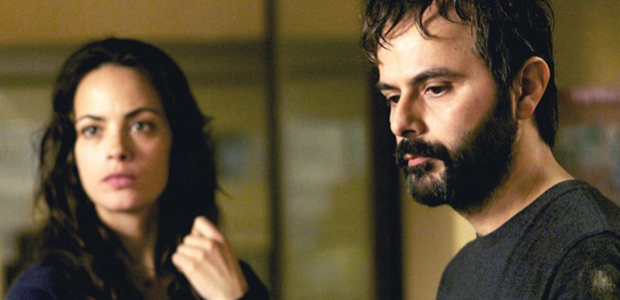
Should we forget the past in order to better our future? This existential question is at the core of The Past, Asghar Farhadi‘s follow-up film to the Oscar-winning Iranian film A Separation. The ensemble group of actors are superb, with Farhadi’s screenplay giving Berenice Bejo a few moments of intense vitriol that earned her the best actress award. Simultaneously poetic and tragic, The Past dares to ask the question of how people can move on from lost love while also rediscovering what it is that made them love in the first place.
The Rest
The Good: Nebraska, La Grande Bellezza, Jeune et Jolie, The Immigrant, Danza de la Realidad, Zulu
The So-So: Behind the Candelabra, The Bling Ring, Only God Forgives, Venus in Fur, Fruitvale Station
The Bad: Jimmy P., Shield of Straw, Blind Detective, Last Days on Mars, Grisgris
Interviews/Features
The Film Stage Arrives at the 66th Cannes Film Festival
13 Things We Learned About Only God Forgives From Nicolas Winding Refn at Cannes Film Festival
5 Things We Learned About Inside Llewyn Davis From the Coens & Cast at Cannes Film Festival
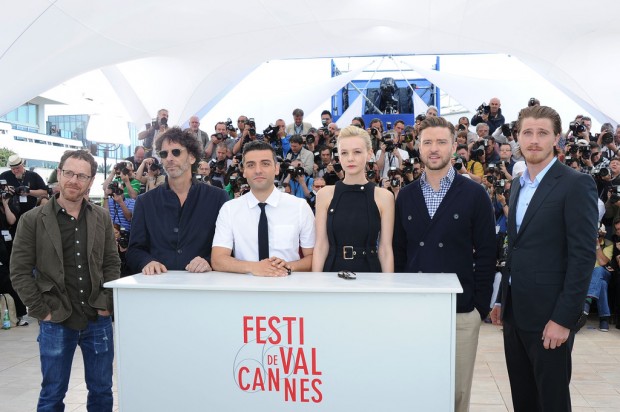
The Greatest Movies Booed at the Cannes Film Festival
What films are you looking forward to from this year’s Cannes?

